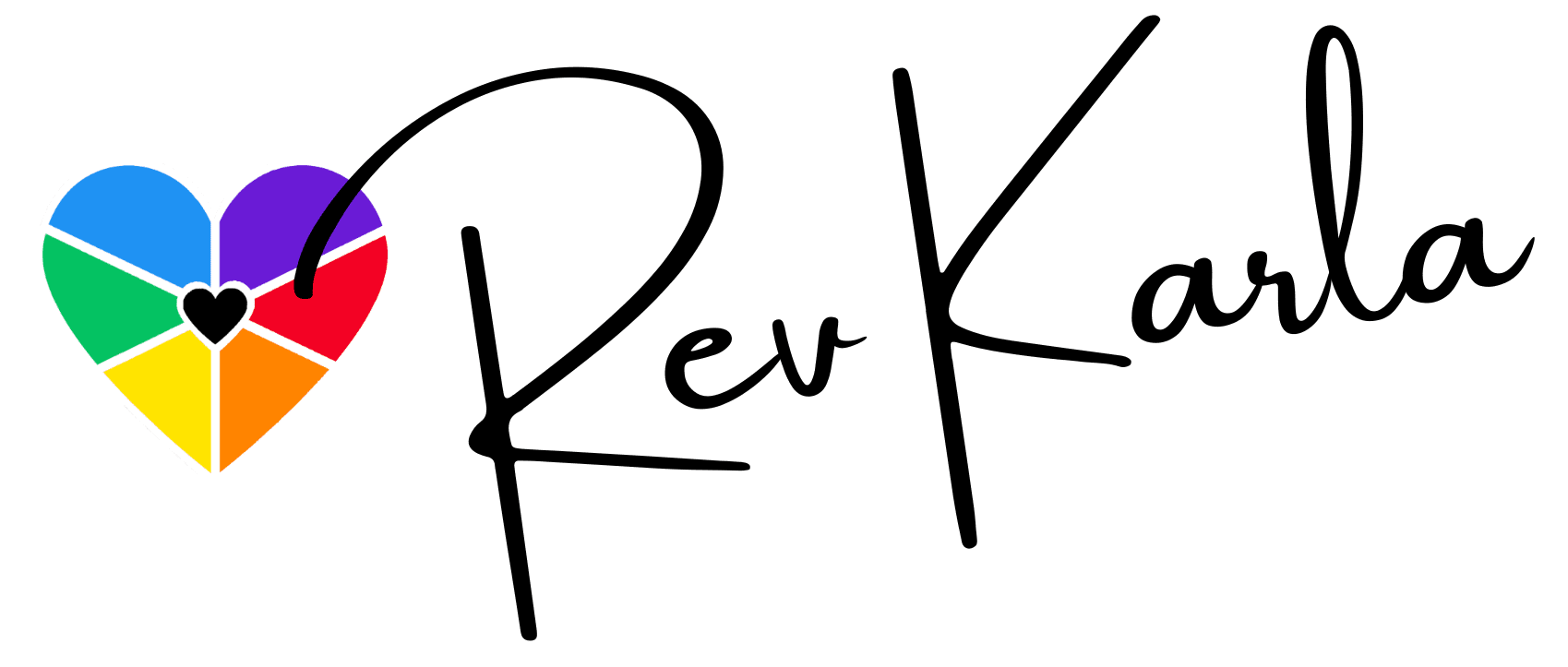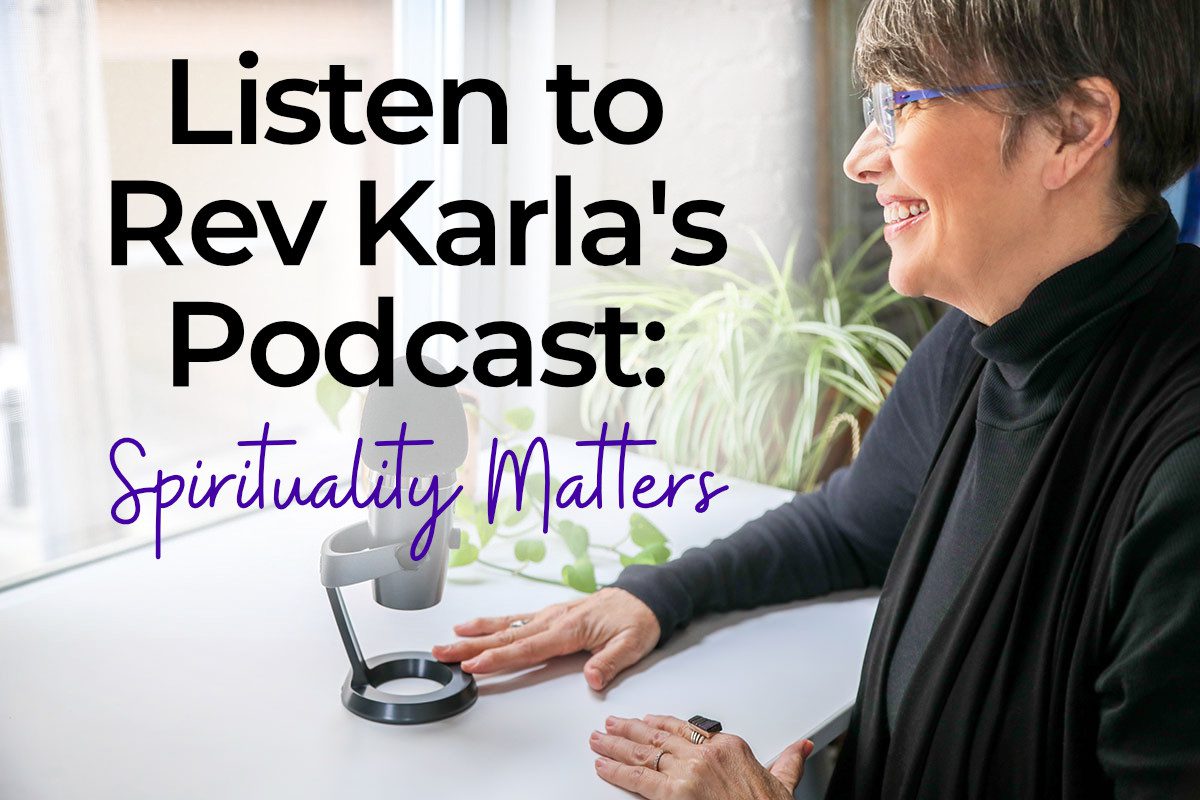Blaming God for What Humans Do
For years, I couldn’t bring myself to say the Name. I would replace it with the Holy One, Divine, Holy Spirit, Great Source or You Who Are Known By So Many Names But None Captures The Wonder, The Beauty, The Essence Of All That You Are (capitalization intentional, and yes I would really say all of that to avoid saying the Name).
But never would I say the name: God.
Leaving church created a paradox for me the past eight years that ranged from heartache for the community of friends I lost to peace as I turned away from a theology that did not honor the call that had been placed on my life. That is the reality of the spiritual sojourner who decides the risk of the spiritual wilderness is worth it even if the path is not clear.
The spiraling out of church did not, however, mean I completely left behind the doctrine of beliefs that had been so ingrained in me since childhood. Although my calling to leave was indeed authentic, my understanding of how God connects to “church” — as in humans — meant I believed I had just lost something sacred with no clear direction as to how I now would hear from or be connected to God.
Swirling within this confusion of who God was and how I would find God in the world was the layers of healing I needed to do from the religious trauma I had endured in my life. This is not something I say lightly, as I am fully aware of what the term “trauma” means. For years, therapists have been doing the work of helping others like me deconstruct from traumatic religious experiences — experiences that left deep wounds in the hearts of those longing for, and yet angry at God for having allowed the hurt to happen in a sacred space that should have been safe and loving for all who sat in the pews.
Sadly, however, it is not only unsafe for those who have been hurt by religion, it becomes the paradoxical reality for the one who leaves the church. Church provided a structure — a container that held the sacred experience. Without a clear roadmap to healing and a path to God, it is easy to focus on the negative and blend God with the hurt humans caused.
Knowing that my calling to leave church was from God, I stayed the course and slowly began to navigate my journey to find God in the world and to heal from my religious trauma. That journey found me in seminary, where I came face-to-face with the final phase of detaching God from the hurt I had experienced inside church.
It happened as we spent the afternoon in silence before speaking our vows to our classmates and deans that evening. As I sat on the grass searching for music on my iPhone that would anchor my time in prayer, I scrolled over a playlist I hadn’t heard in five years. Inside that playlist were all the songs that bound me to a time in my life when old-time gospels and contemporary Christian music were the only songs I listened to. Before this moment on the grass, I not only didn’t want to hear these songs, I realized I felt they had been forever lost to me — that somehow leaving church meant I had to leave everything behind.
Now, having sat in silence for hours, looking at those songs’ titles and remembering the love I felt when singing them, the tears began to flow. It was at that moment I realized I had chained God to my hurt. And although I had forgiven the ones who had caused me pain, I still had the loving God I had found in religion bound to the pain. Because there indeed were moments of joy, moments when the Holy Spirit flooded my soul, and moments when I found God in kind and loving humans inside church. My journey through healing had been so focused on forgiveness that I forgot to welcome into my healing the times when religion had gotten it right.
Because those sacred times — when love and joy flowed — had brought me to this moment as much as when the pain and hurt had scarred me. Pressing play on that music, I sat with arms wide to the sky as tears continued to flow. It felt as if God had returned to me, but I realize now God had never left. It was I who had turned away. It was I who somehow believed in a God that was too small, that couldn’t be here with me if I had rejected the church. It was I who didn’t want to be bound to Jesus, even though Jesus had never left my side — even as I navigated life outside of religion.
Moments before I was to take my vows and begin my journey as a minister, I fully embraced my religious heritage, embracing every experience — including the painful ones — as sacred for having brought me to this moment. Because, as I stood in front of my classmates and spoke my vows, I had completed my journey back to God and, with love in my heart and gratitude for the entirety of my life’s story, I took my first step through the sacred portal.
The sacred portal that was to become my ministry had opened.
If my story speaks to you because it reminds you of your own religious trauma, and your path to God is overgrown by the pain caused by humans …
stay here, Beloved. This is where the healing begins. God is waiting. For God never left.


